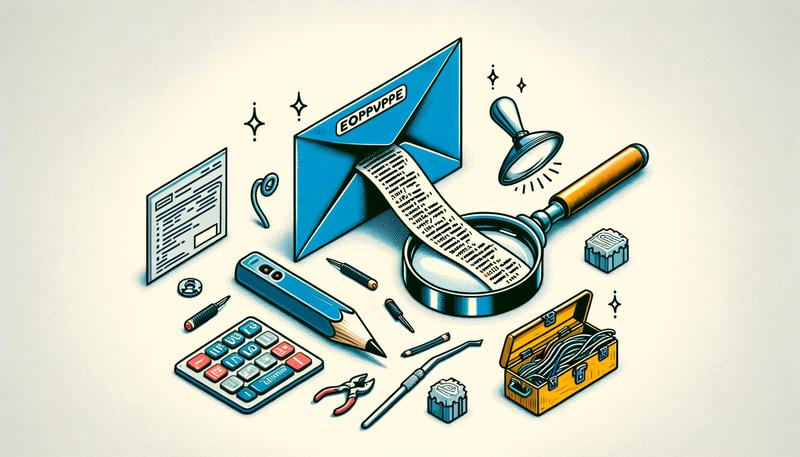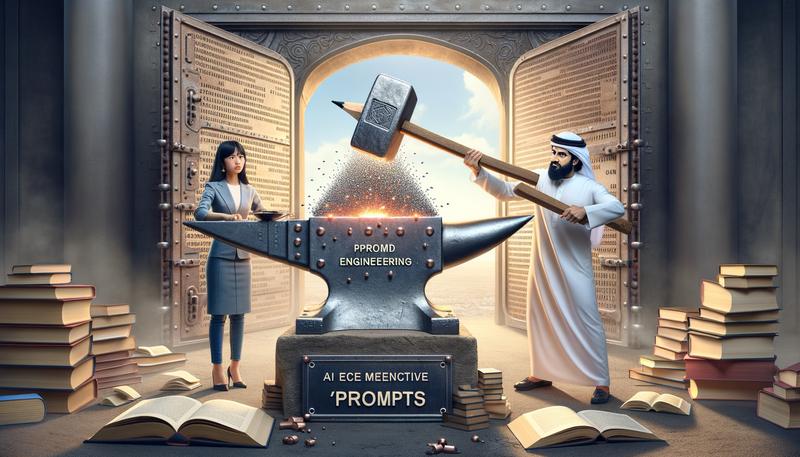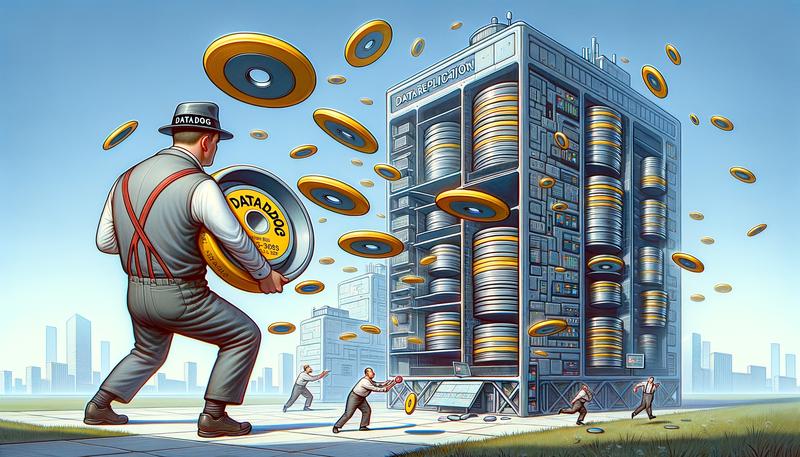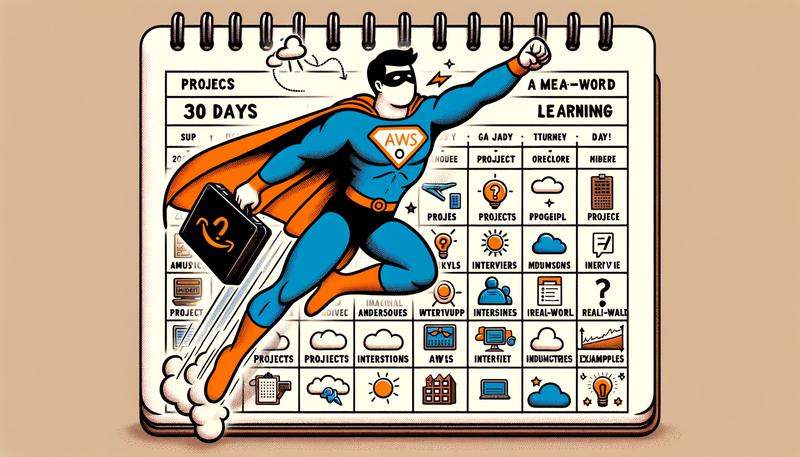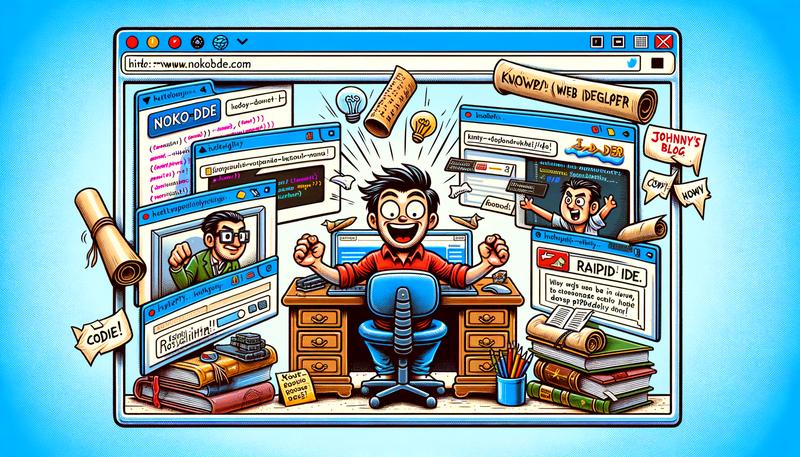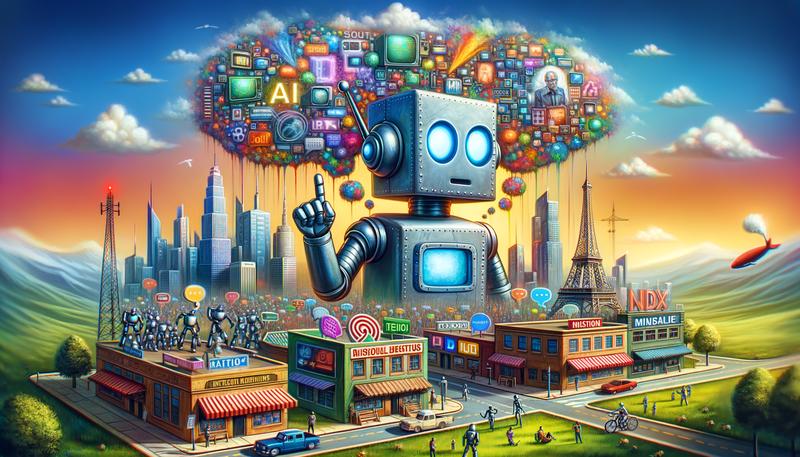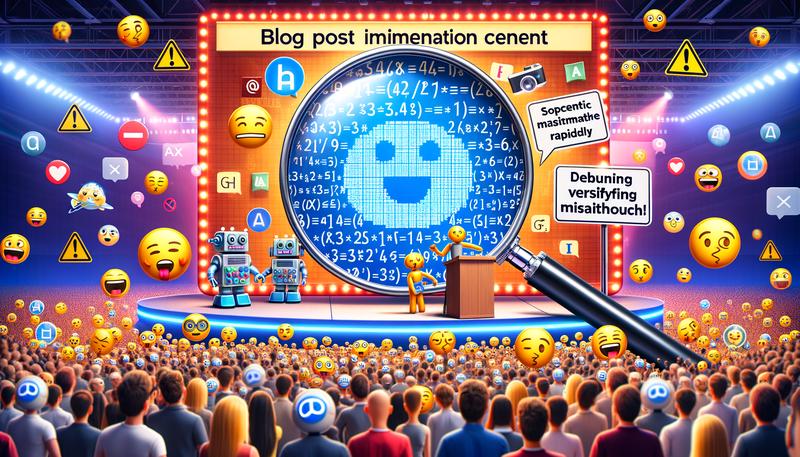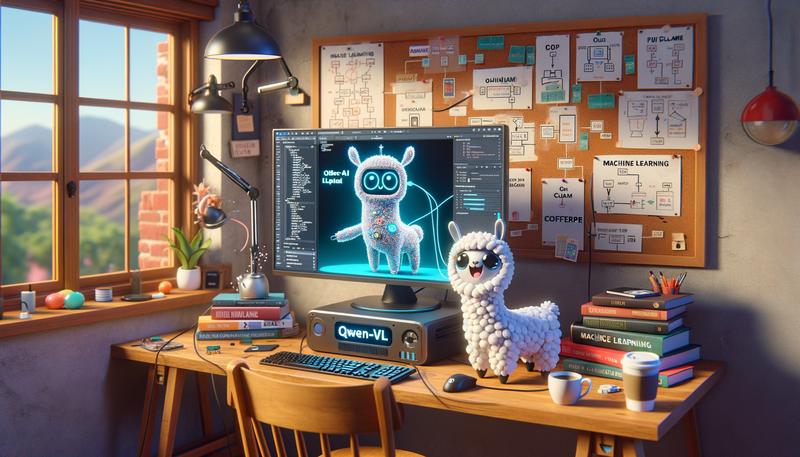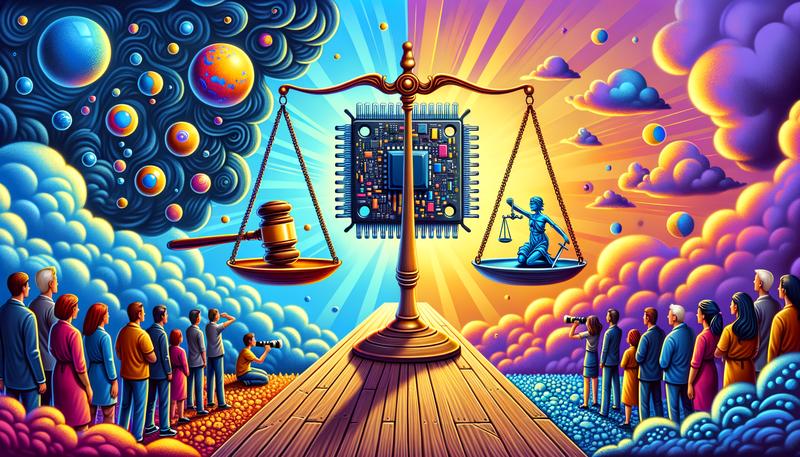I recently shared a fantastic resource about the Eonvelope project on my blog. If you’re curious about its architecture, source code, or how to deploy and customize it for self-hosting, this is the guide you need to check out!
- Dacid99/Eonvelope at selfh.st: Explore the Eonvelope project’s architecture and source code. Essential resource for understanding its self-hosted deployment and customization options.
